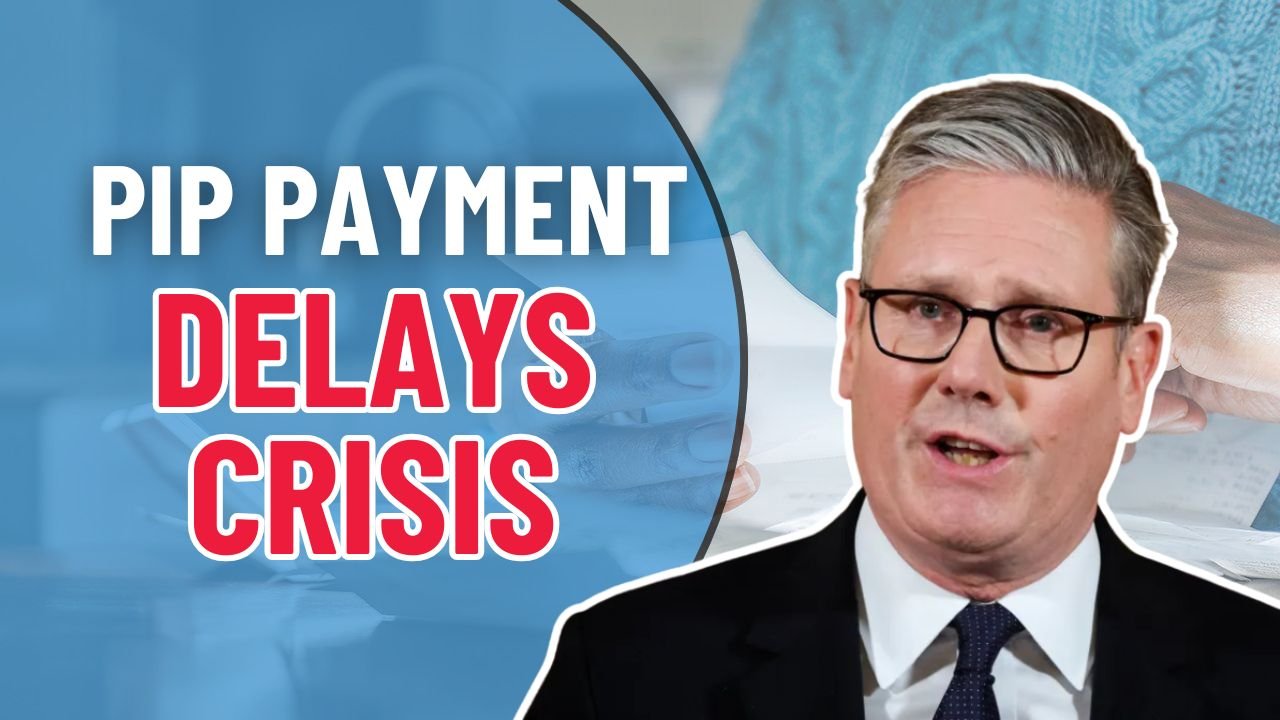After years of campaigning, the Women Against State Pension Inequality (WASPI) movement has finally secured justice for millions of women born in the 1950s who were adversely affected by State Pension age changes. The UK government, following recommendations from the Parliamentary and Health Service Ombudsman (PHSO), has confirmed a £2,950 one-off, tax-free compensation for eligible women to be distributed by October 2025.
The decision, made by the Department for Work and Pensions (DWP), represents a long-awaited acknowledgment of the government’s communication failures regarding the increase in the State Pension age from 60 to 66.
- Eligible 1950s-born women will receive a £2,950 one-off, non-taxable payment by October 2025.
- The DWP will handle payments automatically, using verified State Pension and National Insurance records.
- The payout serves as an acknowledgment of maladministration, not as replacement income for delayed pensions.
Table of Contents
Overview of WASPI Compensation 2025
| Category | Information |
|---|---|
| Campaign Group | Women Against State Pension Inequality (WASPI) |
| Core Issue | Poor communication about State Pension age increase |
| Affected Group | Women born in the 1950s (approx. 3.8 million) |
| Ombudsman’s Recommendation | Level 4 compensation – up to £2,950 |
| Government Decision | Approved maximum payout |
| Payment Type | One-off, tax-free payment |
| Expected Date | By October 2025 |
| Application Process | Automatic – no action required |
| Administered By | Department for Work and Pensions (DWP) |
Background: How the WASPI Campaign Began
The WASPI campaign was born from discontent surrounding the 1995 and 2011 Pensions Acts, which raised and accelerated the State Pension age for women to match men’s. While equalisation itself wasn’t unlawful, the DWP’s failure to adequately inform women of these changes meant millions discovered the increase far too late – sometimes just months before turning 60.
This lack of communication left many women unprepared, forcing them to rely on savings, benefits, or additional years of work they hadn’t planned for. As one affected woman, Margaret, 64, from Birmingham, shared, “I planned to retire at 60, only to find out at 58 that I had to wait six more years. I had no time to prepare, no income, and no support.”
Ombudsman’s Findings: DWP Found Guilty of Maladministration

In 2023, the Parliamentary and Health Service Ombudsman (PHSO) ruled that the DWP committed maladministration in handling pension age notifications. The investigation concluded that:
- The DWP failed to provide timely and clear communication about pension age changes.
- Women were not given sufficient notice to make financial or career adjustments.
- The resulting financial and emotional impact was significant and avoidable.
The PHSO recommended Level 4 compensation, which equates to roughly £2,950 per affected woman. Although this recommendation was not legally binding, public pressure and parliamentary debates pushed the government to accept it in early 2025.
Government Response and Payment Plan
After years of petitions and political debate, the government agreed to pay the maximum compensation amount. The DWP will oversee distribution based on official pension and National Insurance data.
| Aspect | Details |
|---|---|
| Amount | £2,950 (flat rate) |
| Tax Status | Non-taxable |
| Form | One-time payment |
| Expected Payment Date | By October 2025 |
| Administered By | Department for Work and Pensions (DWP) |
| Application Required? | No – automatic eligibility |
Payments will be made directly into bank accounts, but recipients must ensure their DWP and pension records are accurate and up to date to avoid processing delays.
The Significance of the £2,950 Payment
While the £2,950 sum is symbolic rather than compensatory, it serves as an official acknowledgment of the hardship caused by the government’s communication failures. It recognises:
- The emotional and financial strain endured by affected women.
- The disruption to personal and retirement planning.
- The government’s accountability in handling pension reforms.
“This isn’t full justice, but it’s a start,” said Angela Madden, WASPI Chair. “The payment recognises that women were denied the time to plan properly for retirement, and that matters.”
Public and Political Reactions
The announcement has received mixed reactions. WASPI campaigners have welcomed it as a “step in the right direction,” while others argue that the compensation is inadequate compared to the tens of thousands in lost pension income.
Opposition MPs have urged the government to consider higher-tier payments for those most severely affected. Meanwhile, advocacy groups like BackTo60 continue to push for larger settlements and even full pension restitution. Despite these criticisms, the decision marks a historic acknowledgment of the issue after years of legal challenges, protests, and parliamentary discussions.
What Affected Women Should Do
No formal application is required, but eligible women are encouraged to take a few precautionary steps:
- Verify personal details with the DWP or via the official State Pension portal.
- Confirm bank information to ensure smooth payment processing.
- Keep important records, such as pension notices and National Insurance correspondence.
- Follow DWP announcements and reliable news sources for the latest updates on the rollout schedule.
Summary of Key Details
| Key Point | Summary |
|---|---|
| Who Qualifies | Women born in the 1950s affected by pension age changes without proper notice |
| Amount | £2,950 per eligible woman |
| Payment Type | One-off, non-taxable |
| Application | Automatic (based on DWP pension data) |
| Timeline | Expected by October 2025 |
| Purpose | Recognition of maladministration, not repayment for lost pension years |
Frequently Asked Questions (FAQs)
Q1. Who qualifies for the £2,950 WASPI compensation?
Women born in the 1950s who were impacted by the State Pension age increase and were not properly notified by the DWP.
Q2. Do I need to apply for the payment?
No. The DWP will issue payments automatically to eligible women based on pension and NI records.
Q3. When will payments be made?
Payments are scheduled to begin before October 2025, though rollout timing may vary depending on data verification.
Q4. Is the payment taxable?
No. The £2,950 is a tax-free compensation, not considered income.
Q5. Will there be additional payments in the future?
At present, the government has not announced further compensation, but campaigners continue to advocate for higher compensation tiers.
The £2,950 WASPI compensation marks a long-overdue acknowledgment of the injustice faced by millions of women whose retirement plans were upended by sudden pension reforms. While the payment cannot restore lost income or time, it stands as a powerful statement of accountability and fairness. For many, it represents more than money – it’s recognition of years of struggle, advocacy, and perseverance in the face of government oversight.



